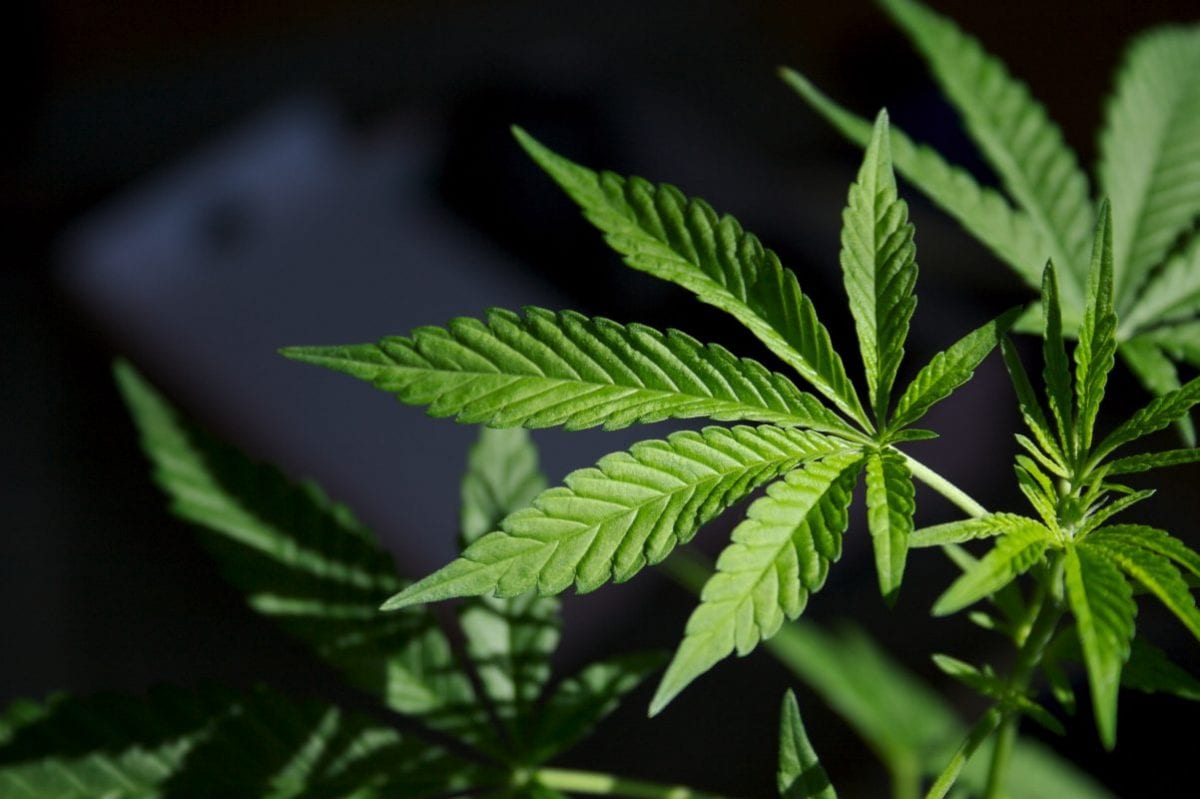While controlled doses of cannabis and cannabis compounds such as CBD oil now have a number of proven medical uses, full legalization throughout the United States at the Federal level is still a very thorny and controversial issue. On the other hand, a majority of American states have already legalized medical cannabis for personal use.
Though it has only been a few years since a majority of states have enacted their own medical cannabis legalization laws, there have been a number of benefits seen in states and other communities that have legalized or tolerated medical cannabis use. Here are just a few of the positive effects of legalization that have been seen across the board.
1.) A drastic reduction in opiate deaths
States that have legalized medical cannabis have seen deaths from opiate-based painkiller overdoses drop by at least 25%. A similar drop has also been observed in illegal opiate use. Considering the scale of the opiate epidemic, that equates to hundreds of thousands of lives saved throughout the United States since the current wave of state legalization started in 2010. This, in turn, has led to fewer single-parent families which has, in turn, helped children do better in school.
2.) Lowered cost of healthcare
As many widely used mainstream pharmaceutical products are much more expensive than equivalent medical cannabis products, the average cost of healthcare has seen a significant reduction, particularly for situations where medical cannabis is often prescribed such as glaucoma, anxiety, pain management, chemotherapy management, and many others.
3.) Increased tax revenues
States that have legalized medical cannabis have seen increases in revenue across the board from taxing cannabis-related businesses. This has made more money available for the construction and improvement of vital infrastructure, such as schools, roads, and more. This has also made funding available for various programs such as scholarships that would not otherwise have been possible to fund without the extra tax revenue.
4.) Increased employment
An increase in employment rates has been noted in all states where cannabis has been legalized. It’s been projected that there may be as many as 200,000 legal cannabis workers by the end of 2019 – a 34% increase from last year. The effect of increased employment in the cannabis industry also has a complementary effect on other industries, as these employees will be using their purchasing power to buy goods and services as well as support their families. This, in turn, has a net positive effect on the economies of communities where legal medical cannabis is available.
5.) Reduction in organized crime activities
With less of a motive to sell medical cannabis underground, many dealers have made their operations legal. This, in turn, has reduced the grip of organized crime groups in the cannabis trade. This had the knock-on effect of reducing the incidences of violence related to the illegal sale of cannabis. This has also led to lowered incarceration rates in most communities where cannabis has been made legal.
Reduced incarceration rates – especially of nonviolent offenders – has its own benefits as well, including fewer separated families. This alone can be the biggest benefit to legalization in a number of communities where a significant number of people have been incarcerated for cannabis-related crimes.
Legalization for medical cannabis has demonstrably led to a net benefit in most communities. A deeper understanding of these benefits may yet prove decisive in any future campaign for legalization on the Federal level.








